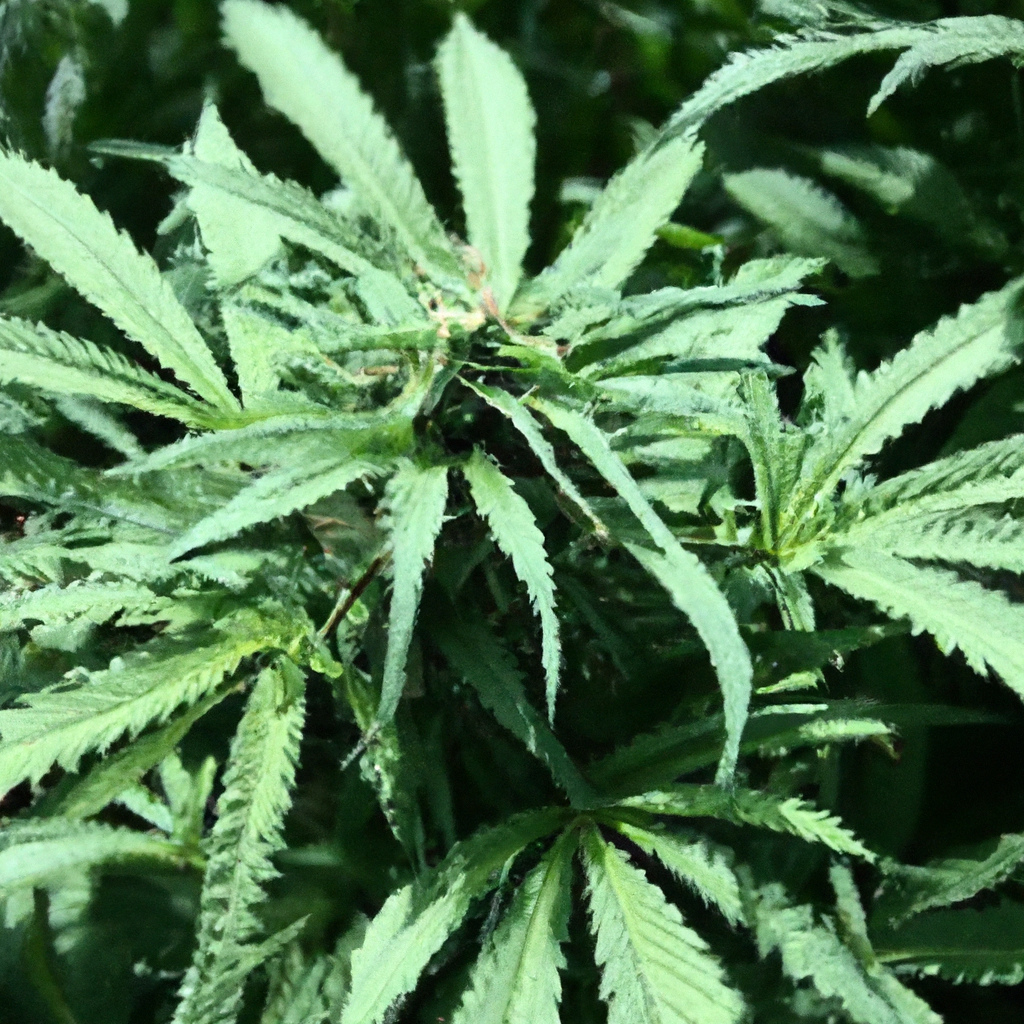Your cart is currently empty!
More cannabis cultivators are turning to organic methods, embracing nature’s resources for healthier plants and eco-friendly growth. But what does it really mean to grow cannabis organically? This article explores the practices and benefits of organic cannabis cultivation, emphasizing sustainable strategies and natural solutions.
Why Choose Organic?
Choosing organic cultivation means committing to sustainable farming that nurtures both the plant and the environment. Avoiding synthetic chemicals not only protects the soil and ecosystems but also enhances the final product’s purity and quality, offering consumers a natural choice.
Building Healthy Soil Ecosystems
- Natural Fertilizers: Utilize organic fertilizers like fish emulsion, bone meal, and seaweed extract. These enrich the soil naturally without harming beneficial organisms.
- Composting: Create nutrient-rich compost by recycling plant waste to improve soil health and structure.
- Mulching: Use organic mulches like straw or wood chips to retain moisture, control weeds, and slowly release nutrients back into the soil.
Natural Pest Control
Synthetic pesticides often disrupt ecosystems and harm non-target species. Instead, organic growers rely on integrated pest management (IPM) strategies:
- Beneficial Insects: Introduce insects such as ladybugs and predatory mites to control pest populations naturally.
- Companion Planting: Plant basil, marigolds, or catnip near cannabis to repel pests and attract beneficial insects.
- Neem Oil: Use neem oil sprays for a natural, non-toxic approach to managing pests and fungal issues.
Sustainable Growth Strategies
Organic cannabis cultivation emphasizes sustainability, aiming for long-term soil and plant health. Key practices include:
- Crop Rotation: Rotate cannabis with nitrogen-fixing plants to maintain soil fertility and reduce pest pressures.
- Water Conservation: Implement drip irrigation systems to ensure efficient water use and reduce waste.
- Renewable Energy: Use solar panels to power your grow operation, reducing reliance on non-renewable energy sources.
Benefits for the Consumer and Environment
Organic cannabis is often richer in cannabinoids and terpenes, enhancing both taste and therapeutic effects. Environmentally, organic methods support biodiversity and reduce pollution, making it a responsible choice for today’s conscientious consumers.
Conclusion
Embracing organic cannabis cultivation involves more than just substituting chemicals; it requires a holistic approach to growing that respects natural cycles and promotes sustainability. By adopting these best practices, growers can produce cannabis that’s not only healthier but also environmentally friendly.
By prioritizing organic methods, we support both earth and consumer wellness, ensuring a sustainable future for cannabis cultivation.
Tags: Organic Growing, Sustainable Practices, Natural Cultivation, Cannabis Cultivation, Pest Management
Discover more from Magic Clones
Subscribe to get the latest posts sent to your email.


Leave a Reply